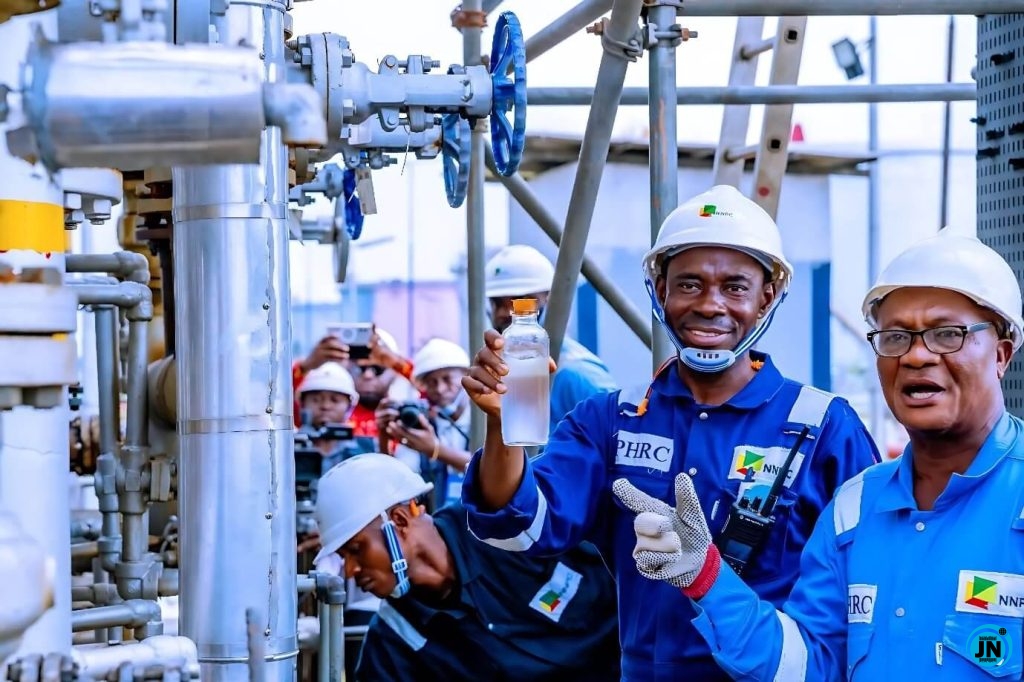The Nigerian National Petroleum Company Limited (NNPCL) [/b]has officially completed its first sale of low-sulfur straight-run fuel oil (LSSR) from the Port Harcourt Refinery to Gulf Transport & Trading Limited (GTT), a Dubai-based company. This marks a significant milestone in Nigeria’s efforts to enter the petroleum export market. The sale involves a total of 15,000 metric tons (approximately 13.6 million liters) of fuel, which is set to be loaded onto the Wonder Star MR1 vessel in the coming days, signaling the Port Harcourt refinery's inaugural export of petroleum products.
Although the volume entering the global market from NNPCL at this stage is relatively small, this development has the potential to impact global fuel oil benchmarks, especially the Very Low Sulfur Fuel Oil (VLSFO) prices over time. It may also affect market dynamics for exporters in the Atlantic Basin who supply to Nigeria and other regions. This marks a critical turning point in the global fuel oil trade, particularly with Nigeria starting to play a more prominent role as an exporter.
The sulfur content of the fuel oil export by NNPC stands at 0.26 percent per wt, with a density of 0.918 g/ml at 15°C, according to reports from the Guardian. The cargo was sold at an $8.50 per ton discount to the NWE 0.5 percent benchmark, on a Free on Board (FOB) basis, reflecting a strategic pricing move for this first shipment. This sale is expected to help displace imports from traditional suppliers in both Africa and Europe, contributing to the decline in Nigeria’s clean product imports, which in turn is affecting wider West African imports as well.
As of now, NNPC's spokesperson, Olufemi Soneye, has yet to officially confirm the details of the sale, but the development is already making waves in both local and international markets, with experts predicting a shift in the global petroleum landscape as Nigeria begins to assert itself in the fuel export sector.


